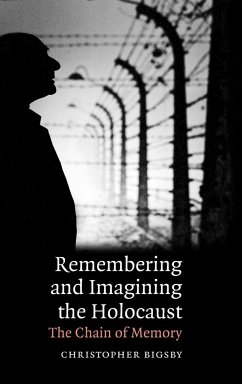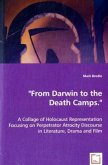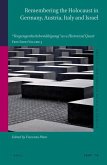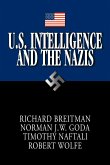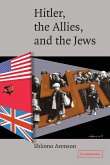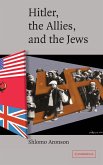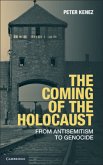This is a meditation on memory and on the ways in which memory has operated in the work of writers for whom the Holocaust was a defining event. It is also an exploration of the ways in which fiction and drama have attempted to approach a subject so resistant to the imagination. Beginning with W. G. Sebald, for whom memory and the Holocaust were the roots of a special fascination, Bigsby moves on to consider those writers Sebald himself valued, including Arthur Miller, Anne Frank, Primo Levi and Peter Weiss, and those whose lives crossed in the bleak world of the camps, in fact or fiction. The book offers a chain of memories. It sets witness against fiction, truth against wilful deceit. It asks the question who owns the Holocaust - those who died, those who survived to bear witness, those who appropriated its victims to shape their own necessities.
Hinweis: Dieser Artikel kann nur an eine deutsche Lieferadresse ausgeliefert werden.
Hinweis: Dieser Artikel kann nur an eine deutsche Lieferadresse ausgeliefert werden.

